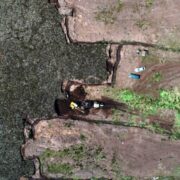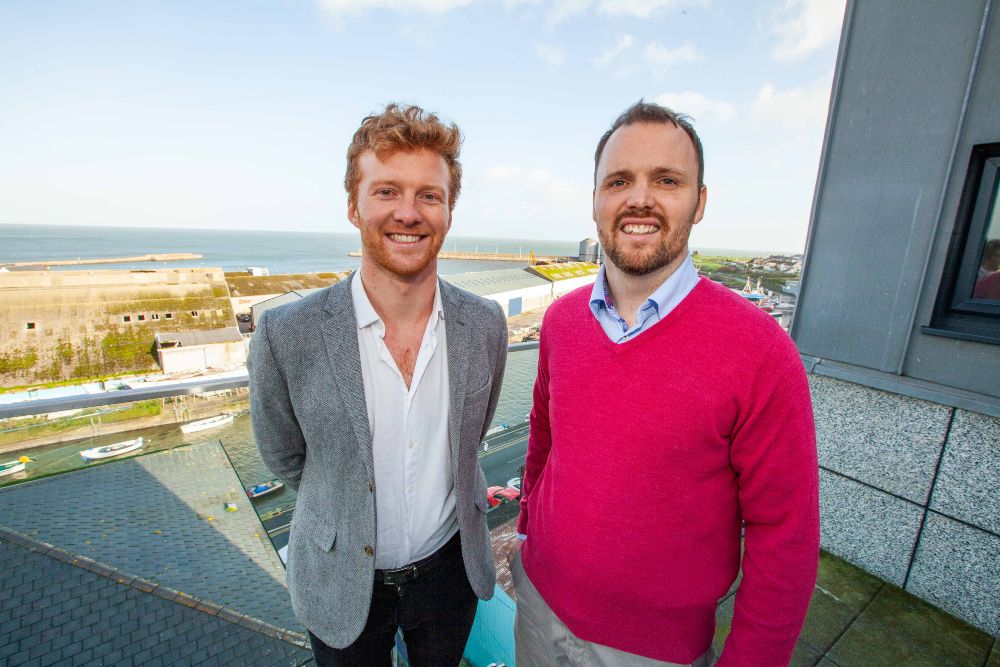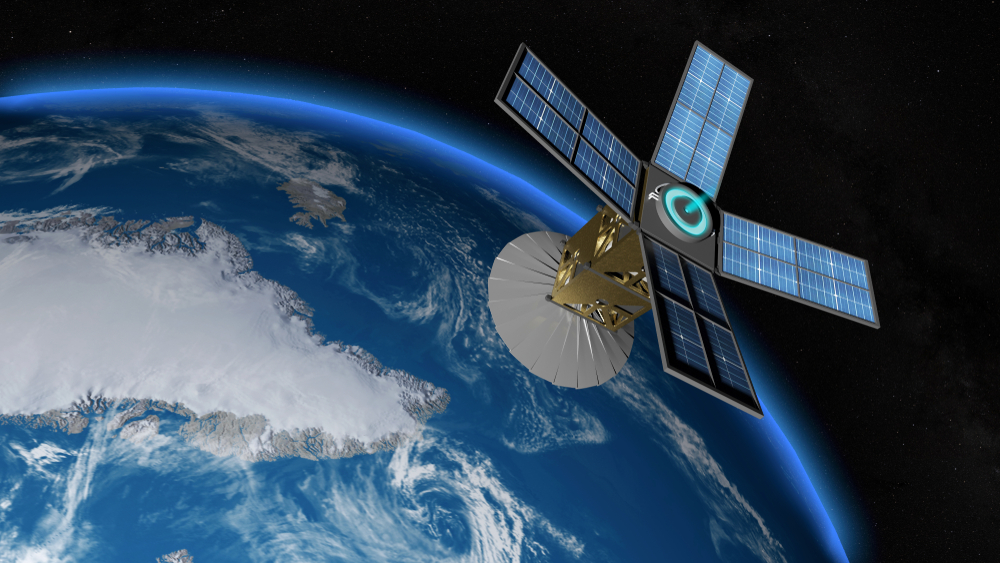Half of Fortune 500 businesses use geography to make sustainable business decisions, writes Eamonn Doyle from Esri Ireland.
With pressure mounting on public and private sector organisations in Ireland to build more sustainable operations, Environmental and Social Governance (ESG) is now a major factor for boardrooms everywhere.
Recent Gartner research found that 87% of executive leaders expect their investment in sustainability initiatives to increase over the next two years. While this appears positive at face value, there is a worry that many organisations don’t have the ability to monitor and manage their environmental impacts in order to make more sustainable choices.
“How do we move away from the notion of ‘dusty geography’ and instead, aim to leverage the huge technological advancements in digital geography to help us become sustainable?”
Geography is the science that attempts to understand our world in its most holistic way. Geography’s inherent spatial awareness, or location intelligence, reveals patterns and connections in data that would otherwise be lost. Leveraging the power of geography and location intelligence leads to much more informed and sustainable business decisions.
Half of Fortune 500 companies including retailers, shippers, and manufacturers, as well as utilities and government, rely on location intelligence to supply this unified geographical perspective on their operations. For these organisations, digital geography is already providing business benefits, regulatory compliance and new insights into their sustainability.
Forget ‘dusty geography’
We are at a point in our evolution where it’s crucial that we become geographically aware. Sustainability has no borders and we need to be sensitive to the fact that decisions we take locally often have global effects. How do we move away from the notion of ‘dusty geography’ and instead, aim to leverage the huge technological advancements in digital geography to help us become sustainable?
Education is the key here. Geography needs to be reinstated as a mandatory Junior Cycle subject, and pupils should be given the opportunity to experience modern Geographical Information Systems (GIS) which will enable them to create science-based solutions to the problems we face.
These cloud-based systems allow students to collect, integrate, analyse, and visualise data on a wide range of environmental, economic, and societal topics. As well as teaching the skills and techniques required for working with GIS, such applications equip pupils with new ways to study climate change, design cities and towns, explore demographics, understand history, predict future scenarios, and perform many other cross-disciplinary activities in an interactive and visually engaging environment.
Furthermore, our public service needs to be more open to recording things geographically. Anything that is recorded on the state administrative systems or base registers should have a mandatory location identifier such as an Eircode or similar. All too often we let perceived issues around privacy prevent us from recording this key information. This, in turn, inhibits our geographers and data scientists from bringing the full power of digital geography to bear. In a digital economy, it’s no longer acceptable to compile information by county divisions or other large administrative areas, as they don’t have the required resolution to enable us to be incisive about the business, environmental, or societal decisions we make.
It’s time for out-of-the-box thinking and, encouragingly, geographers are now teaming up with data scientists and business intelligence (BI) experts to add a geographic perspective to business data. What’s more, the shift from on-premise software to online software-as-a-service and cloud-based solutions means that geospatial technology and GIS are now easier to access for both pupils and professionals alike. This is moving the lens to their solution-focused applications and role in creating more sustainable business practices across organisations of all sizes, in all sectors.
In the next 12 months, we’re likely to see greater examination of the radically changed spatial patterns of employees. This location data can be analysed and measured to enable more informed decision-making and even contribute to our understanding of location as a barrier to employment.
When fused with GIS, other innovative technologies such as graph databases pioneered by social media platforms can lead to a greater understanding of the social or business relationships between entities and, simultaneously, the spatial relationship. For example, if there is a weather bomb in the US North-West, we can explore the impact on supply chains and where to potentially source alternative supply. The technology can also enable better distribution of suppliers to make supply chains more climate resilient.
Creating actionable plans
Location intelligence helps companies to create actionable climate change plans and solutions based on detailed risk analysis as the need for systems that help to deliver business that is sustainable, environmentally friendly, and socially conscious grows. The success of this effort is dependent upon a foundation of science. It requires commitment, collaboration, and the implementation of sustainable policies, practices, and administration. We also need to prioritise geography in education and nurture that passion in the next generation.
Sustainability requires that we see the world as one single ecosystem, while digital geography provides the technology to do this. In turn, this enables us to make business decisions that not only have positive impacts on our organisations, but on citizens and society as a whole. Geography has a lot to offer business with respect to how we understand and interact with our physical, societal, and economic environment for a more sustainable future.
Main image at top: Photo by GeoJango Maps on Unsplash





